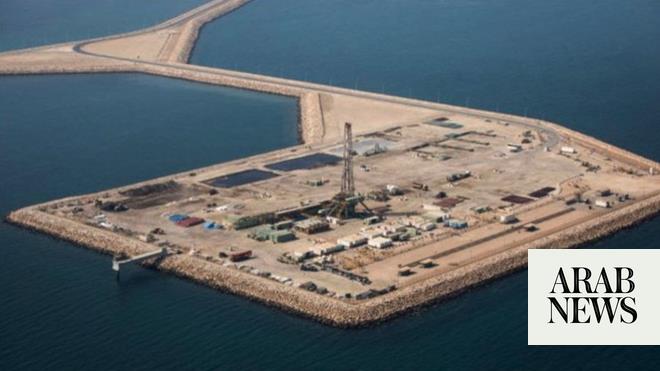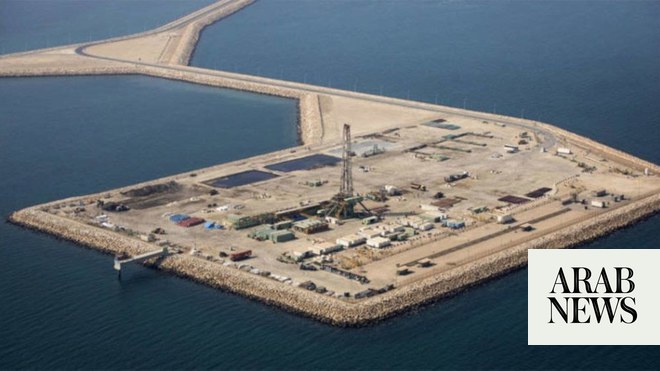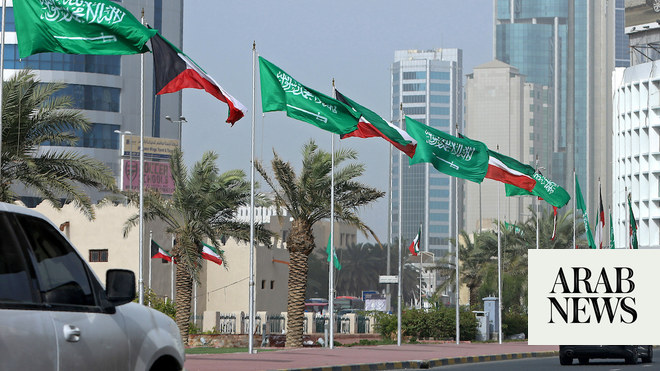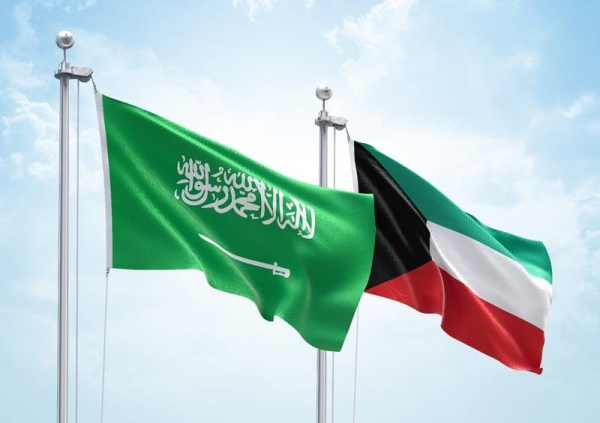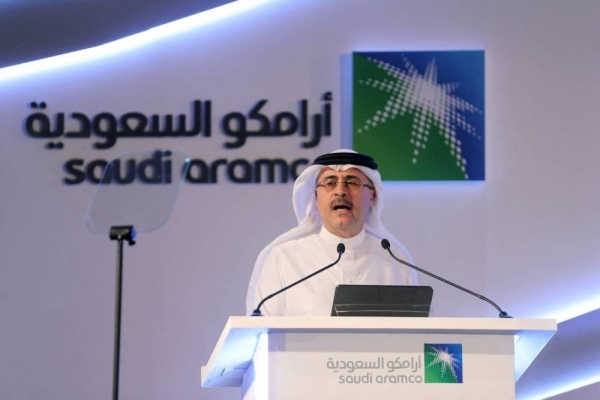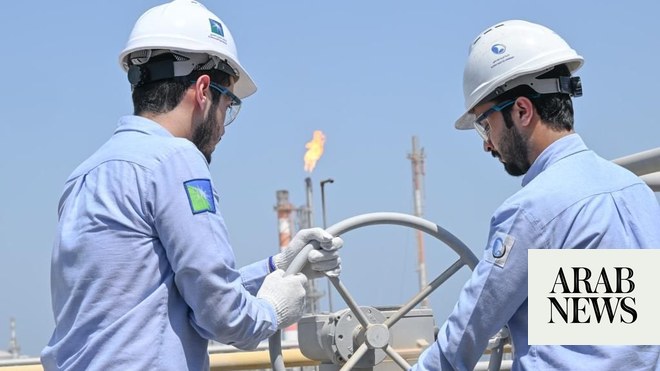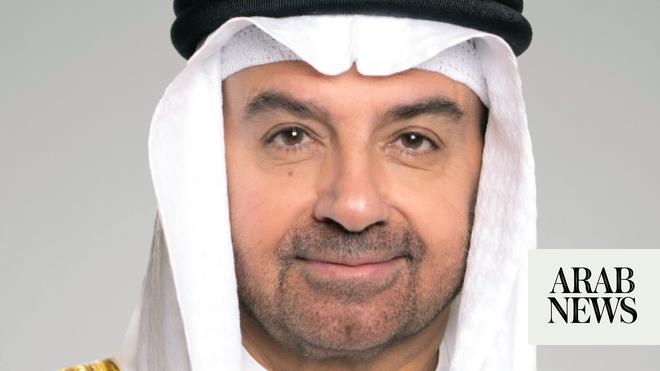
RIYADH: Kuwait has rejected Iran’s “claims” over the Al-Durra gas field, stressing that it owns exclusive rights to its natural resources along with Saudi Arabia, state news agency KUNA has reported.
Kuwait has also called on Iran to start negotiations over the demarcation of its maritime borders after Tehran said it was ready to begin drilling in the Al-Durra field.
“We categorically and totally reject Iran’s planned activities around the premises of the Durra offshore gas field,” said Kuwaiti Oil Minister Saad Al-Barrak, KUNA reported.
Al-Barrak said he was surprised by the Iranian plan and added that the move from Tehran contradicts the basic principles of international relations.
According to KUNA, a close source to Kuwait’s Foreign Ministry said that the “maritime area where Al Durra offshore field lies is part of the State of Kuwait’s sea territories, and the natural resources therein are shared between Kuwait and Saudi Arabia.”
The source added: “Only the State of Kuwait and Saudi Arabia have exclusive rights to the natural resources of the Al-Durra field.”
Earlier in March, Kuwait and Iran had held joint negotiations in Tehran regarding the demarcation of their maritime borders, where both sides stressed the need to settle the matter according to international laws.
In 2022, Kuwait and Saudi Arabia signed an agreement to develop the field despite strong objections from Iran.
Controversies surrounding the field operations have emerged as Mohsen Khojsteh Mehr, managing director of the National Iranian Oil Co., announced last week that Iran had allocated considerable resources to explore the offshore field.
“Considerable resources have been allocated to the board of directors of the National Iranian Oil Co. for the implementation of the development plan for this field,” said Mehr, Iranian state media reported.
Iran and Kuwait have been holding several unsuccessful talks for years to resolve the dispute surrounding the maritime border, which is rich in natural gas.
The field lies in the shared neutral zone between Kuwait and Saudi Arabia, and it is expected to produce 1 billion cubic feet of gas daily and 84,000 barrels per day of condensate.




